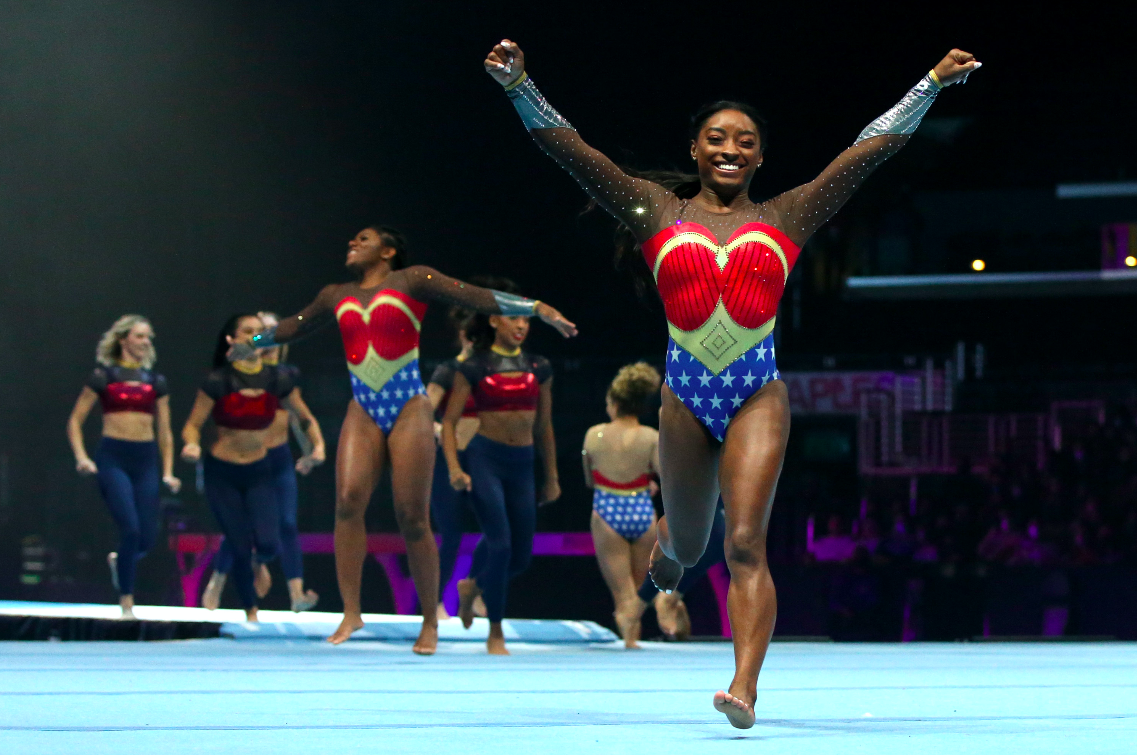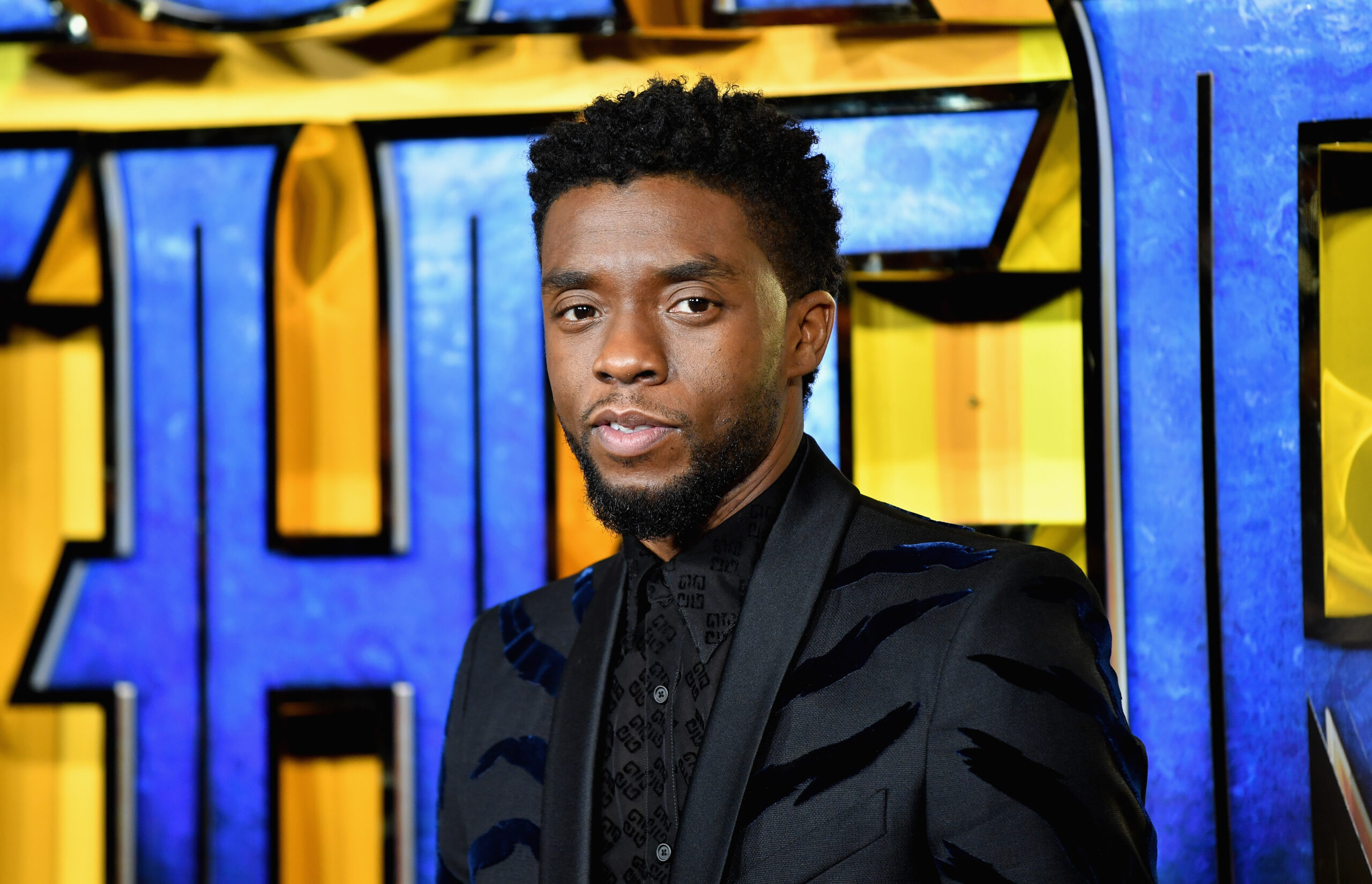This is part of The Shadow League’s yearly Black History Month In Focus series celebrating Black excellence in sports and culture.
***********************************************
“The impact of the black audience is expressing itself and Hollywood has gotten that message – finally. ” – Sidney Poitier
Sidney Poitier is the Gold Standard for every black male actor who has come after him, and you can see threads of his influence in each of his aspiring predecessors.
Dignified, regal and seemingly always gifted with a clever response to just about any question, Poitier turns 94 years old on February 20th.
Yes, during Black History Month, yes during the same month as the Oscars. So it’s only right that we delve into why he’s so significant.
As the 91st Academy Awards saw a record number of African American creatives minds bring home the little golden dude, it became immediately apparent that it was time to give him some renewed props, even though he might not think of it that way.
From a 2017 Shadow League piece celebrating Poitier’s contributions to black Hollywood and the overall cultural sphere as well:
Born in 1927, the child of Bahamian-American parents, Poitier has been the benchmark for smooth eloquence and articulation on the big screen for actors from all ethnic spheres.
Poitier was also the first Black man to win the Oscar for Best Actor for his role in Lillies in the Field back in 1964.
However, he continued to do groundbreaking work throughout the majority of his career. In 1967, he starred in three big studio films, To Sir, with Love; In the Heat of the Night and Guess Who’s Coming to Dinner, which made him the biggest star in America!
Over 60 years ago, Poitier became the benchmark for black actors looking to elevate their talents to another level.
However, just when it seemed that his creative ascendance would serve as a guiding light to those who followed in his footsteps, there were equal but opposite forces straining to keep the status quo, one in which nannies, servants, and street criminals were the lion’s share of roles that were made for black actors.
We can see this reoccurring theme in the number of Black people that were nominated for Oscars in 2020. Black nominations went from 13 in 2018 to 15 in 2019 to just 5 Black nominees in 2020.
As many recall, John Wayne, Hollywood’s favorite leading man for almost 30 years, gave his famous “I believe in white supremacy until the blacks are educated to the point of responsibility” statement during an interview published in a 1971 issue of Playboy magazine. Not even ten years after Poitier won.
Wayne’s views didn’t represent some right wing extreme, but rather were more indicative of the mainstream thought process.
All that “straight shooter” B.S. they used to say about Ronald Reagan? He got all that “swag” from John Wayne, with all the accompanying attitudes on race.
That was the same decade that Nixon, then the most corrupt president in U.S. history, started his long since proven racist War on Drugs to stem decent from African American communities.
We mention these men and thought processes from decades ago to highlight the fact that, the more things change, the more they stay the same in many regards.
Into the ’80s, the idea of a simple romantic comedy starring black leads was controversial up until the end of the decade when Boomerang set a successful precedent as a black addition to a genre that was almost exclusively reserved for white actors at the time.
But it is through art that we’re able to show the world of our majesty, our humanity, and our dignity.
When Mahershala Ali went onstage to accept the second ‘Best Supporting Actor’ Oscar of his career for his role as Dr. Shirley in Green Book, it was with great poise and respect that he gave props to Dr. Shirley’s family for allowing him to play the role.
He could have easily declined to say anything at all considering the amount of controversy that has been heaped upon the offering for not centering the story on Dr. Shirley, but rather the awakening of a racist white guy instead.
Poitier’s influence can be found within black actors and actresses from across the social economic and generational spectrum, and that’s not in the least bit hyperbolic.
Denzel Washington, Blair Underwood, Taye Diggs, Morris Chestnut, right through the rise of Chadwick Boseman and Michael B. Jordan and new talents like Ashton Sanders and Michael Rainey Jr., the legacy and influence of Sidney Poitier remains as powerful as ever.



